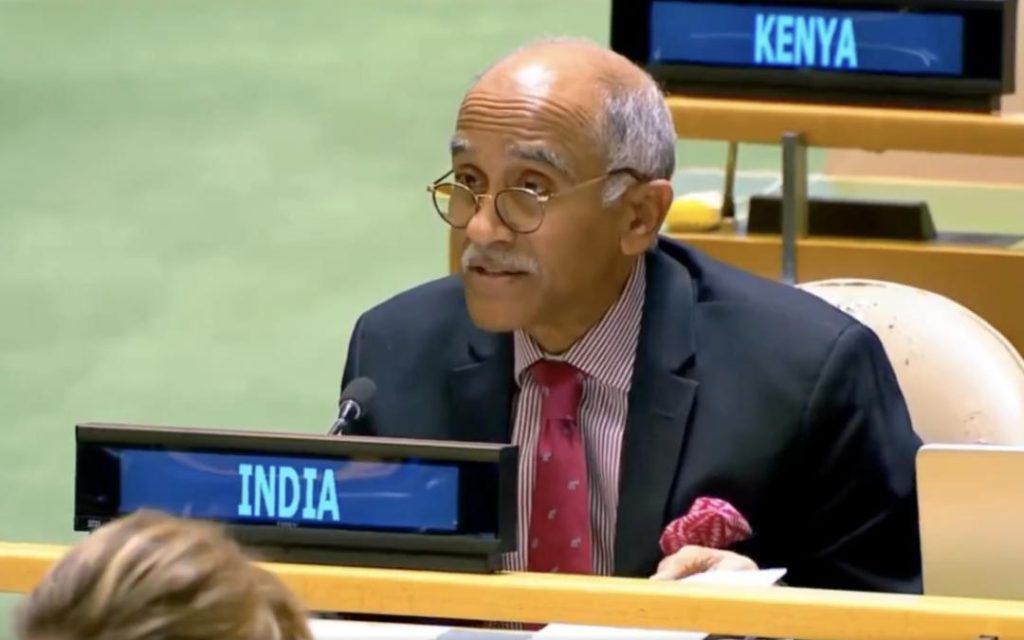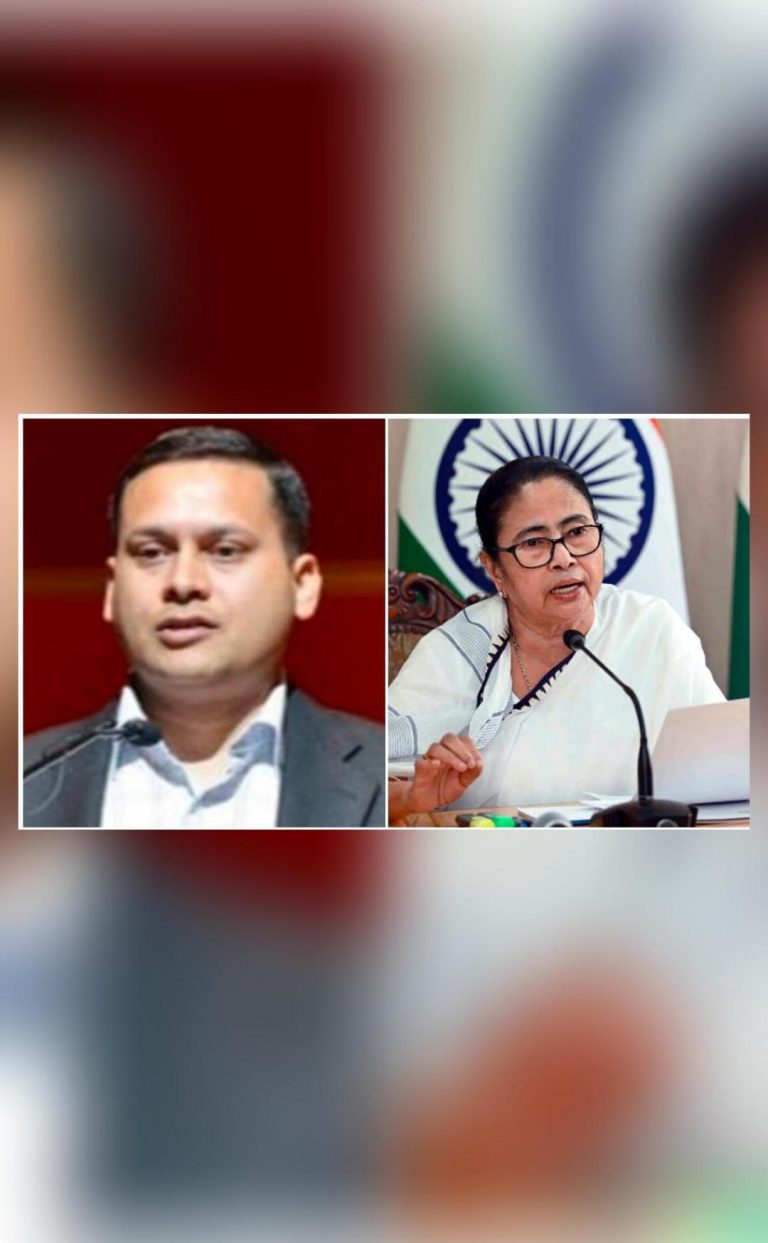
Pak’s Fanatical Mindset is Well Known: India on Pak’s Reference to J&K at UN
In a scathing rebuke, India’s Permanent Representative to the United Nations, Parvathaneni Harish, lambasted Pakistan’s former Foreign Secretary for his statement on Jammu and Kashmir at the General Assembly of the UN. Harish’s comments came in response to the Pakistani official’s remarks, which were seen as an attempt to internationalize the Kashmir issue.
“Pakistan’s frequent references to Jammu and Kashmir at the UN will not validate their claim or justify their practice of cross-border terrorism,” Harish said, according to a tweet from India’s Permanent Mission to the UN in New York.
The Indian diplomat’s sharp words were a reaction to Pakistan’s relentless efforts to raise the issue of Kashmir at the UN, despite the fact that it is a bilateral issue between India and Pakistan. The Kashmir issue has been a thorn in the side of India-Pakistan relations for decades, with both countries holding different views on the status of the region.
Pakistan, which has been trying to internationalize the issue, has been using the UN platform to raise the pitch against India, claiming that the situation in Kashmir is “tragic” and that India is “committing atrocities” against the people of the region. However, India has consistently maintained that the issue is an internal matter and that Pakistan has no locus standi in the matter.
Harish’s comments were a clear indication of India’s frustration with Pakistan’s continued attempts to raise the Kashmir issue at the UN. The Indian diplomat’s statement was laced with a sense of sarcasm, as he noted that Pakistan’s “fanatical mindset” is well known. This was a clear reference to Pakistan’s history of promoting terrorism and sponsoring militant groups to fight against India in Kashmir.
The Pakistani Foreign Secretary’s statement, which was seen as an attempt to internationalize the Kashmir issue, was met with strong resistance from India. Harish’s comment that Pakistan’s “frequent references” would not validate their claim or justify their “practice of cross-border terrorism” was a clear indication of India’s resolve to counter Pakistan’s narrative on the issue.
India has long maintained that Pakistan’s claim to Kashmir is based on a flawed understanding of history and international law. Pakistan’s narrative on Kashmir is based on the idea that the region was a part of Pakistan and that India’s occupation of the region is illegal. However, India has consistently maintained that Kashmir is an integral part of the country and that Pakistan has no claim to the region.
The Kashmir issue has been a major flashpoint in India-Pakistan relations, with both countries engaging in military skirmishes and diplomatic battles over the years. The situation in Kashmir has been further complicated by the presence of militant groups, which are backed by Pakistan, and have been responsible for numerous attacks on Indian security forces and civilians.
India’s stance on the Kashmir issue is clear: it is an internal matter and Pakistan has no locus standi in the matter. The Indian government has consistently maintained that the Kashmir issue can be resolved through a bilateral dialogue with Pakistan, and that internationalizing the issue would not help to resolve the problem.
In recent years, India has taken a number of measures to strengthen its position on the Kashmir issue. The Indian government has scrapped Article 370 of the Constitution, which gave special status to Jammu and Kashmir, and has divided the region into two union territories – Jammu and Kashmir, and Ladakh.
The Indian government has also taken steps to improve the situation in Kashmir, including demilitarizing the region and promoting economic development. The government has also launched a number of initiatives to promote tourism and infrastructure development in the region.
In conclusion, India’s Permanent Representative to the UN, Parvathaneni Harish, was right to call out Pakistan’s fanatical mindset on the Kashmir issue. Pakistan’s attempts to internationalize the issue will not succeed, as the Kashmir issue is a bilateral issue between India and Pakistan.
India will continue to engage with Pakistan in a diplomatic and peaceful manner to resolve the issue, but it will not compromise on its position that Kashmir is an internal matter. The Indian government has taken a number of steps to strengthen its position on the issue, including demilitarizing the region and promoting economic development.
As the situation in Kashmir continues to evolve, it is clear that India’s stance on the issue will remain firm and unwavering. The Indian government will continue to engage with Pakistan in a diplomatic and peaceful manner, but it will not compromise on its position that Kashmir is an internal matter.
Source: https://x.com/IndiaUNNewYork/status/1900591971250385143






